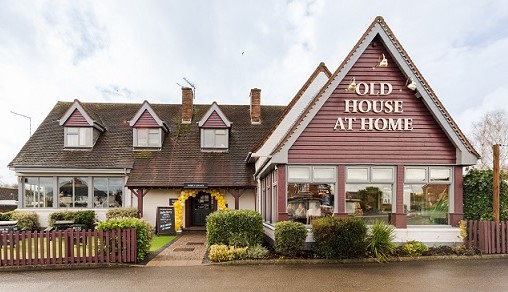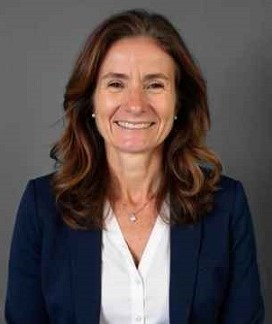Sandwell Council is one of the top performing local authorities in the country in dealing with 'bed-blocking' problems at local hospitals.
The council’s work on dealing with delayed transfers of care, which occurs when a patient is ready to leave hospital but is still occupying a bed, makes it one of the best achievers in the country.
Latest national figures on dealing with these 'bed-blocking' problems show Sandwell has the best record in the West Midlands – and is rated fourth in the country out of 174 local authorities.
Targets are set by NHS England, and Sandwell was the only region in the West Midlands to better the targets set, and reduce the amount of delays facing patients.
Figures have been improving over the past 12 months, and Sandwell has had strong and very positive figures during this time.
Sandwell Council works with NHS partners, including Sandwell and West Birmingham NHS Hospitals Trust and Sandwell and West Birmingham Clinical Commissioning Group, and community partners to reduce delayed transfers of care.
Councillor Ann Shackleton, cabinet member for social care and chair of the Sandwell Health and Wellbeing Board, said: ”We are delighted to be so highly rated for this service but we are still ambitious to reduce these figures to ensure patients can be discharged as soon as they are medically fit to do so.
“We are working on several schemes, including the launch of an integrated social care and health hub in November at Lyng in West Bromwich, in a bid to continue to bridge the gap between health and social care.
“We are also starting a red bag scheme which will support care home residents with hospital admittance.
“It is important to realise that behind every delayed transfer of care figure, there is a Sandwell resident ready to be discharged.
"Keeping older people in hospital longer than they need be is detrimental to their health and may limit their mobility and their opportunities to live independently.
“We have been working collectively in Sandwell to continue to improve our services and support we offer to some of our most vulnerable residents."















